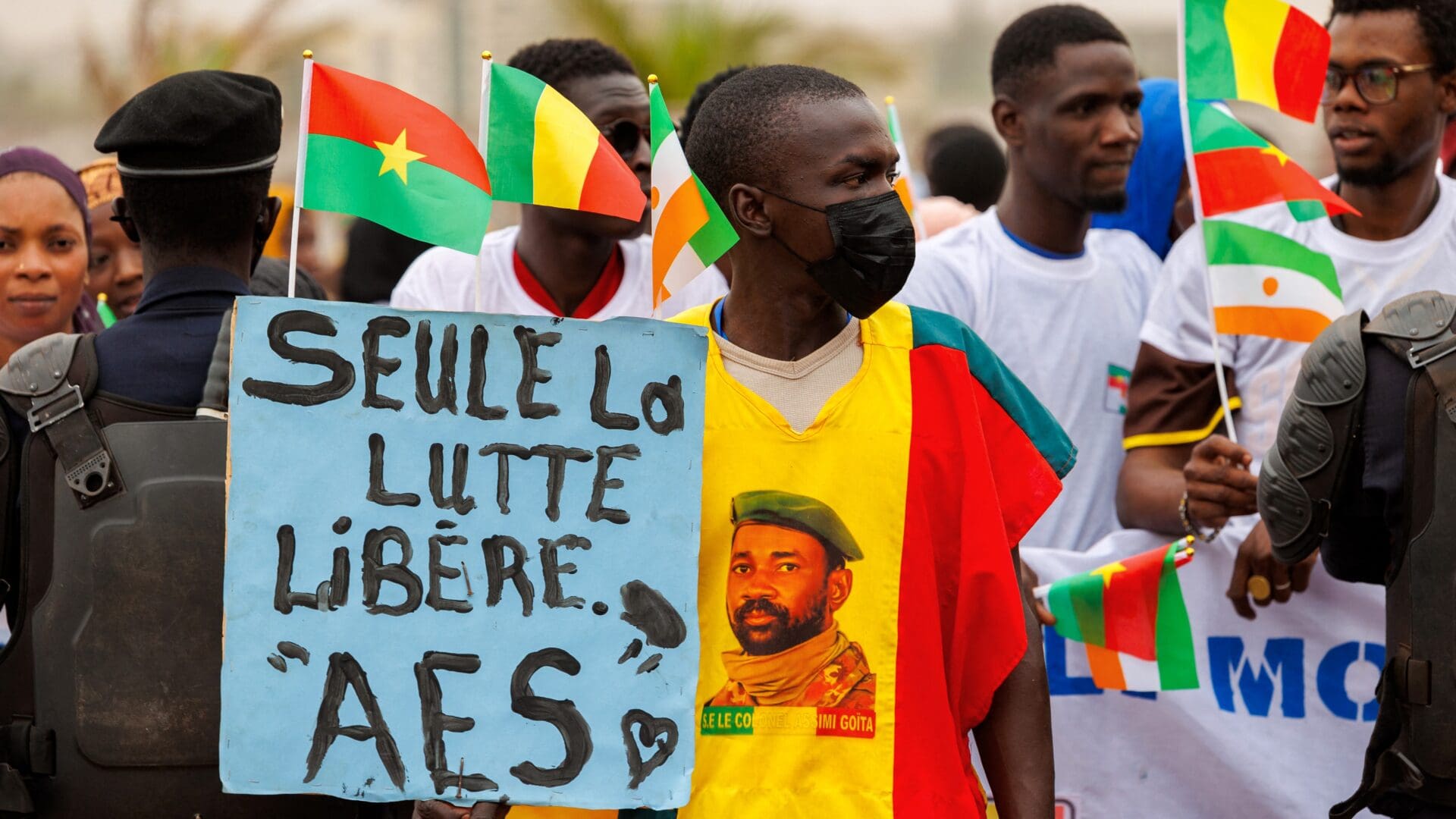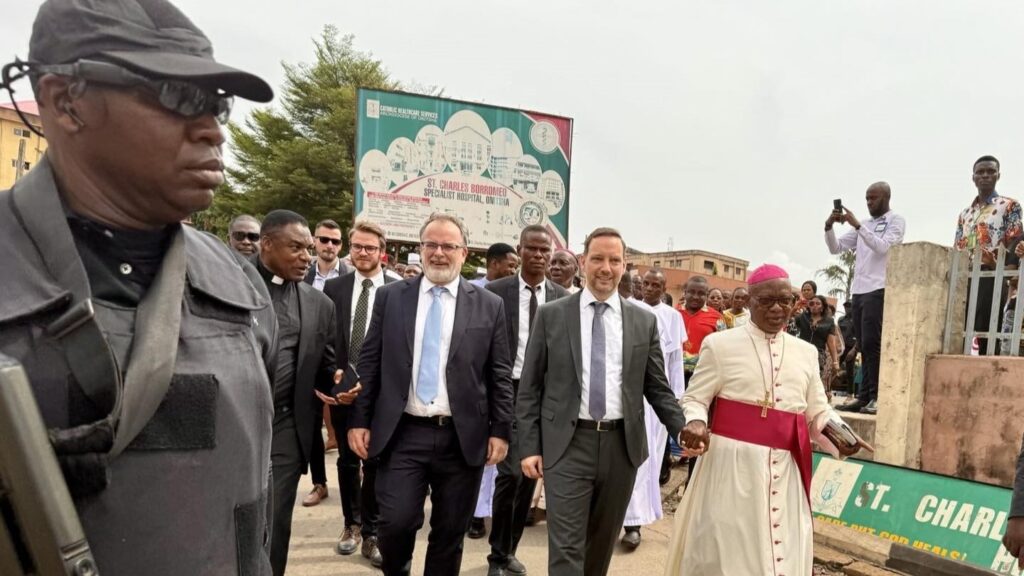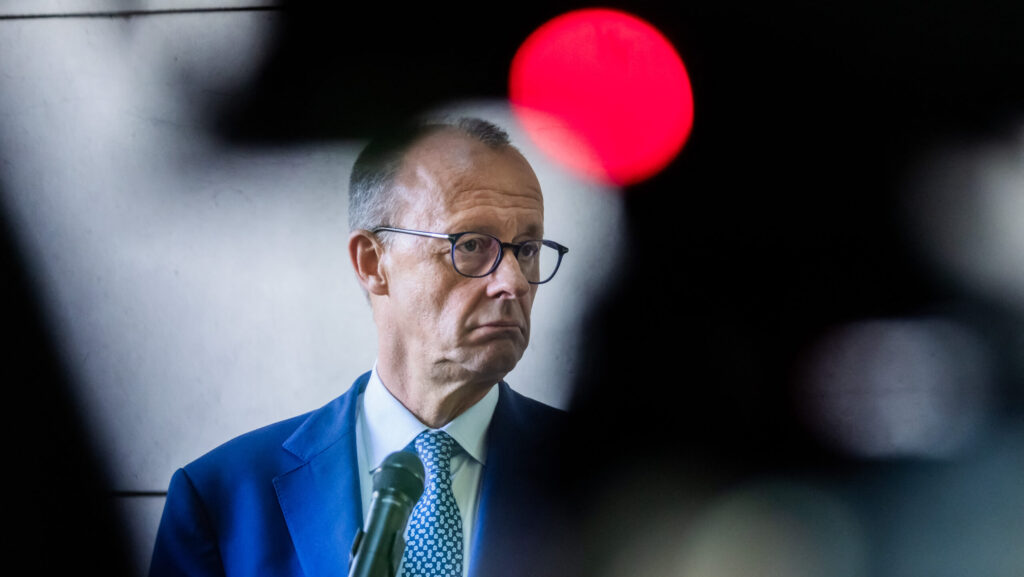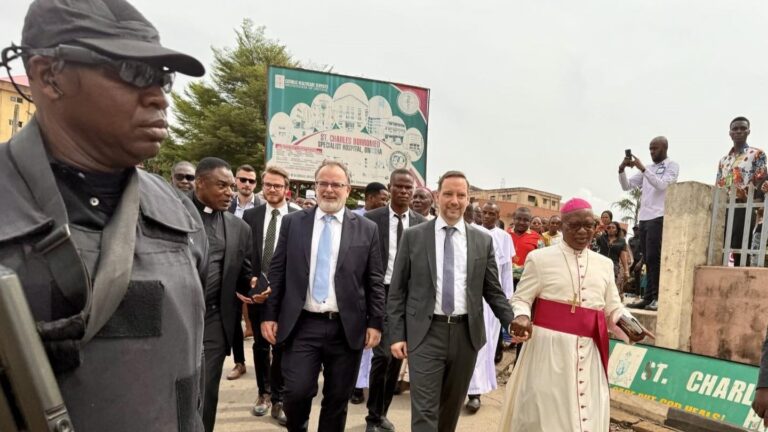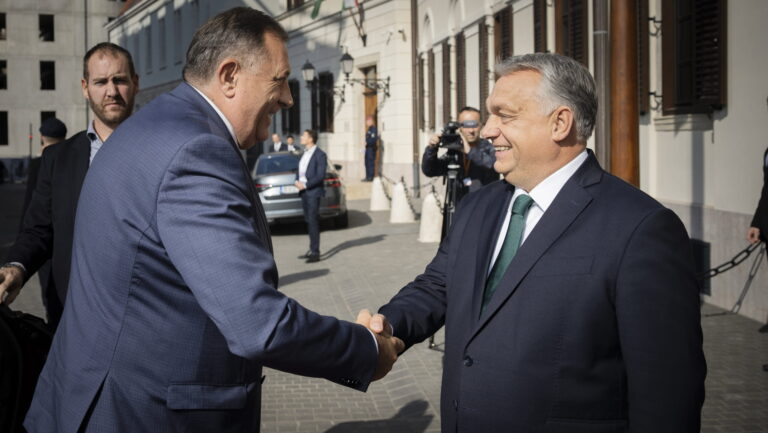The security of Europe starts not in Lampedusa and at the Serbian–Hungarian border but in Bamako and N’djamena
By 2024, the Sahel has become one of the most complex crisis zones of our Globe. The region—stretching between the Sahara and the fertile southern agricultural lands from the Atlantic Ocean to the Red Sea—covers 3 million square kilometres, providing home and livelihood for more than 100 million, mostly nomadic, people. Its harsh terrain and erratic rainfall patterns have always made life hard here. Yet, in recent decades, humanitarian and political crises have become the main attribute of the Sahel, and it could seem that the region is doomed to failure.
Both structural challenges and wrong decisions contributed to the catastrophe. Because of the establishment of basic health care, vaccination campaigns, and better nutrition, child mortality declined sharply, which led to a population boom: according to the UN’s estimations, the overall population of the six states of the Western Sahel—Senegal, Mauritania, Mali, Niger, Burkina Faso, Chad—has grown from nearly 21 million in 1960 to 103 million in 2020, an almost five-fold increase over sixty years. By 2050, more than 220 million people will live in the region. Overpopulation and overgrazing are already a problem: it is estimated that by the 21st century, over-grazing has become the number one cause of the desertification of 65 per cent of the affected land in the Sahel. Furthermore, climate change and global warming are happening more drastically in the region than in other parts of the world. Temperatures are increasing at a rate 1.5 times faster than in other parts of the globe, with projections indicating a rise of 2–4.3 degrees Celsius by 2080. Climate shocks have become common in the Central Sahel, where 78 per cent of the labour force depends on agriculture and pastoralism. This has a disastrous effect on the livelihood of the locals. For instance, Niger loses 100,000 to 120,000 hectares of arable land to soil erosion, overgrazing, and desertification each year.
Because of land degradation and overpopulation, violent conflicts for ‘soft’ resources such as water, grazing, and agricultural areas are more common in the region. Many of them are happening along ethnicity and religion since the Sahel is a borderline between different ethnic groups—Afro-Asian, Nilo-Saharan, and Niger–Congo people—as well as between Islam, Christianity, and local beliefs. The overlap of lifestyles, ethnicities, and religions in the same geographic area fuels a lot of tensions, political competition, and, sometimes, armed conflicts.
Besides these structural challenges, the Sahel is facing mounting political and economic challenges caused by both internal and external trends and actors.
Since 2012, the rapid increase of Jihadi groups has jeopardized statehood and stability.
Capitalizing on old grievances and dissatisfaction with governments, extremists have filled the power vacuum in ungoverned spaces of the Sahelian countries. While foreign interventions could not stop the rise of the two big Jihadi networks, the al-Qaeda-affiliated Jama’at Nasr al-Islam wal Muslimin (JNIM) and the Islamic State-allied Islamic State in Greater Sahara (ISGS), the extremists managed to mobilize ethnic groups which felt neglected or even oppressed by the central governments and other ethnic groups that ruled the fragile state structures. The partly ethnic-based insurgencies contributed to the rapid expansion and regionalization of the movements: by 2016, the fights had spread from Mali to Burkina Faso and Niger, and, by 2020, the terrorists had reached the northern parts of the littoral states of the Gulf of Guinea.
The global food crisis which started with the COVID-19 pandemic and with the droughts of the early 2020s deteriorated significantly with the Russian invasion of Ukraine. The food security of millions was undermined, while Jihadi groups erected blockades against cities and villages to force their populations to join the insurgency against the government. Just in Burkina Faso, more than one million people live under siege by extremists who obstruct the flow of traffic and aid convoys to the starving towns.
Global power competition has also increased in the region. Russia, China, Turkey, the United Arab Emirates, and Iran all enhanced their activities, openly challenging Western positions. From economic investment to military partnerships, external actors have tried to utilize the rich mineral sources and agricultural potentials of the Sahel, even if armed conflicts made it risky. Ongoing wars have also provided opportunities, including the deployment of Wagner mercenaries and the selling of arms to the Sahelian states. The new actors have systematically exploited anti-Western and anti-French sentiments and strengthened their positions from Bamako to Niamey.
But it was not only external actors who exploited the challenges of the Sahel: building on dissatisfaction, military juntas emerged in Mali, Burkina Faso, and Niger, with the promise to cope with the economic and security hardships. Since the first coup in Mali in 2020, it does not seem that armies would be more effective at crisis management than elected civilian governments: on the contrary, Jihadi groups are more lethal than ever, killing almost ten thousand people annually. Yet military juntas follow strong anti-Western and anti-colonial narratives in which they blame the West for all grievances of the region. Paradoxically, while they are arguing against ‘colonialist’ interference, they are welcoming the arrival of new actors such as Russia or China, arguing that they are ‘different’ from Western powers and they are the ‘friends’ of the region.
Global power competition is not a feature unique to the Sahel. What is unique is that the problems of the region do not affect Russia, China, or the United Arab Emirates, but Europe. The Sahel is part of the EU’s sphere of interest, and
from irregular mass migration to terrorism, the challenges of the region represent a serious threat to Europe.
And we should not be naïve: Russia did not increase its presence in the Sahel to solve the regional crisis, but to exploit the chaos for economic benefits, and if possible, stoke more problems that can reach the ‘soft underbelly’ of Europe. In March 2023, the Italian minister of defence claimed that the mercenary group Wagner was behind a surge in migrant boats trying to cross the central Mediterranean as part of Moscow’s hybrid warfare against the EU. The Kremlin also supported strong disinformation campaigns against the French and other Western powers, and Moscow was ready to quickly fill the power vacuum after the withdrawal of European troops—even if more in a symbolic than a really effective way.
Thanks to the recent developments, European positions have weakened significantly in the region. Besides Mauritania, the only country which has kept its Western alliance is Chad. N’Djamena has become the last bastion of French presence and its 1,500 troops, from where Paris and its allies can maintain some access to the region to mitigate its challenges. This bastion is fragile as well. Jihadists are active in the Lake Chad Basin and conduct regular attacks against civilians. In addition to the more than one million refugees and internally displaced persons, more than 633,000 people have arrived from neighbouring Sudan since April 2023 when a civil war broke out between the two strongmen of the country. The Wagner Group—or, in its new name, Africa Corps—has a presence in three neighbouring countries: Sudan, Libya, and the Central African Republic. Mahmut Déby, the interim President of Chad seized power after the death of his father, Idriss Déby, who had ruled the country for more than thirty years. After the failure of a democratic transition, demonstrations started in the bigger cities which were oppressed by the government: at least one hundred people were killed. Rebel groups are active in the Northern and Southern parts of the country, too.
Yet, despite its paradoxes, Europe should not let the collapse of its last ally happen—and, first and foremost, must not allow the rise of a new Russian proxy in the region. Chad needs humanitarian assistance to feed the refugees and its own population: at least 2 million people were in acute food insecurity in the country at the end of 2023. The foreign military must help the combat of Chadian forces against Jihadists as well as provide security for humanitarian activities in the countryside—protecting them both from terrorists and rebels. The new Hungarian initiative aims to answer these complex challenges: offering humanitarian assistance through the Hungary Helps Programme while deploying 200 soldiers from the Hungarian Defence Forces to protect humanitarian staff, and train, advise, and support the Chadian army against Jihadists.
The presence of Western actors can give an impetus to political transition and reconciliation, too. There are some glimpses of hope: in January, Mahmut Déby appointed the most prominent figure of the Chadian opposition who had just returned from exile, Succès Masra, prime minister.
The security of the Sahel is the security of Europe as well. If the EU and its Member States, including Hungary, want to avoid having to face irregular mass migration and terrorism at their immediate borders, we have to invest in the security of the Sahel, using all aspects of collaboration, from diplomacy to development and defence.
Related articles:

